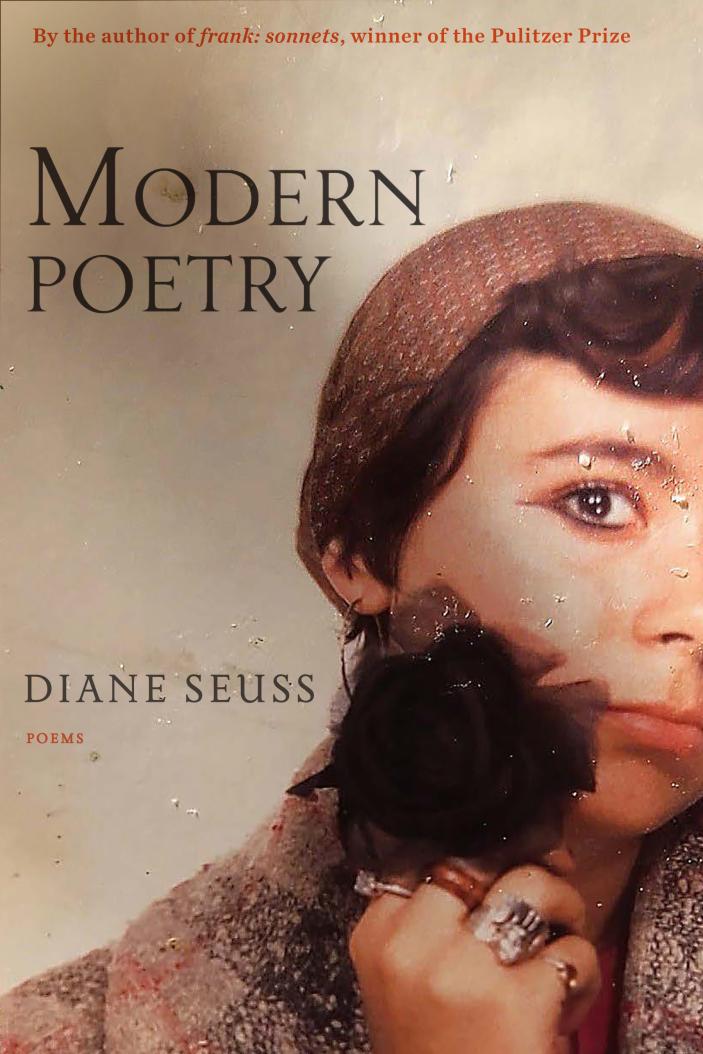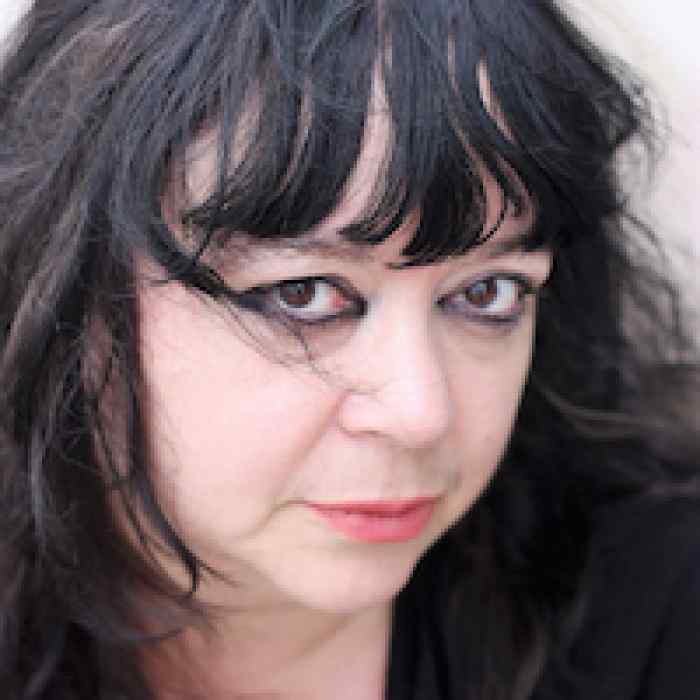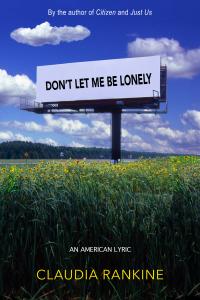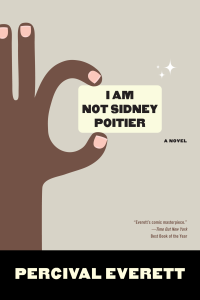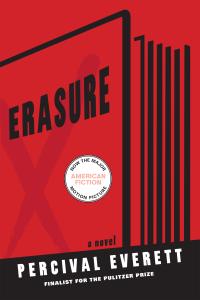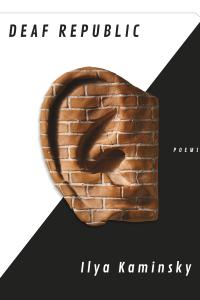Modern Poetry
- “Diane Seuss’s superb Modern Poetry is no mere survey; it’s a full-frontal seminar on the subject. In these forty-one fiery poems, Seuss takes a deep dive into our inheritance from the Romantic and Modernist lyric poets, like Keats and Hopkins, through Stevens and Plath, ‘the final modern poet.’ Her sizzling (and often funny) task is to insist on the radical differences she savors from those earlier custodians of the melancholy sublime, where Beauty was writ large and meaning can still seem like an academic exercise—or mere fog. The truth in Seuss’s world is gritty, with dirt on its hands, determined by a self-assertive resistance to the Romantic ideal. For every ‘Aria,’ ‘High Romance,’ and ‘Villanelle,’ she counters with a ‘Cowpunk’ and ‘Little Fugue with Jean Seberg and Tupperware.’ She shows us that class, region, race, gender—those identifying features—are not things to be solved or resolved in some transcendental razzmatazz but accepted, embraced. Seuss exposes the falsity of idealized love, of academic coziness, and the grandeur of sublimity by a self-deprecating humor that morphs time and again into a wily, powerful, self-valuing gift.”—David Baker
If you are like me, to learn of the gods you must
beg, borrow, or steal. Eavesdrop, as gossip
is sagacity, a word I learned from Emily
Dickinson. Don’t underestimate direct
experience. Ants know earth. Dragonflies
know air. A cobbled mind is not fatal.
You have to be willing to self-educate
at a moment’s notice, and to be caught
in your ignorance by people who will
use it against you. You will mispronounce
words in front of a crowd. It cannot be
avoided. But your poems, with all of their
deficiencies, products of lifelong observation
and asymmetric knowledge, will be your own.
—from “My Education”
In poems of rangy curiosity, sharp humor, and illuminating self-scrutiny, Modern Poetry investigates our time’s deep isolation and divisiveness and asks: What can poetry be now? Do poems still have the capacity to mean? “It seems wrong / to curl now within the confines / of a poem,” Seuss writes. “You can’t hide / from what you made / inside what you made.” What she finds there, finally, is a surprising but unmistakable love.
Praise
- "These irreverent, pulsing, and defiant poems are full of dangerous good sense."—Publishers Weekly (Starred Review)
- “I fear that, like Seuss’s first poetry teachers, I may have made Modern Poetry sound too austere. The fight with form is also on behalf of a wildness and richness of life as well as motif. Constraint (poetic or economic) is countered with the pure hedonism of neglected communities and micro-scenes.”—Brian Dillon, 4Columns
- “The way in which Seuss interrogates longing, nostalgia, memory, loss, relationships makes plain she is someone who has been around the block enough times that we should pay attention.”—Diana Arterian, Literary Hub
- “Here at the bedside of this dying world, Diane Seuss is one of the exemplars of our modern poetry, and Modern Poetry is a resounding, enduring and yes, beautiful companion.”—Mandana Chaffa, Chicago Review of Books
